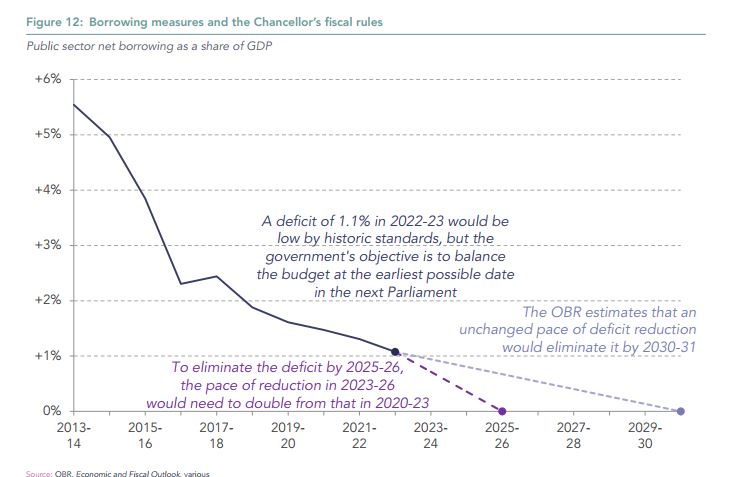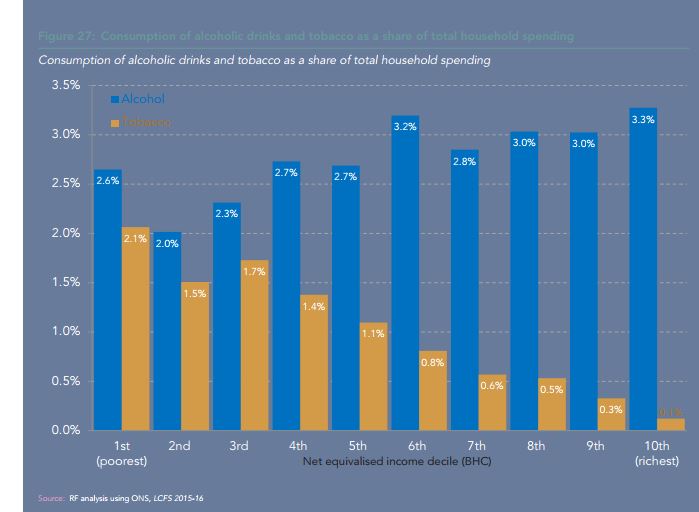Budget 2017 and the march towards that light on the hill
The Resolution Foundation has crunched the numbers from the OBR Report and the Budget and projects that wages are now looking like they will stay flat for an extraordinary 17 years, reaching pre-Crisis levels only in 2025. That will knock the National Living Wage projected rate down to £8.56 in 2020 if the gloomy prophecy is fulfilled.
As many have commented, under this latest Budget the day of delivery on removing the deficit recedes still further into the distance. A child born on the day of George Osborne’s first Budget will have parents who heard the then Chancellor promise to get rid of the deficit by the day that child starts primary school. Yesterday’s numbers suggest that child could now be graduating from university when the policy ambition is delivered.
Which all begs another question about the policy ambition itself. If the light on the hill for policy makers turns out to be so elusive, at what point do people start marching towards a completely different light?
Another way of looking at this is how the government keeps saying the spending cuts pencilled in for government are fit for purpose, not deeply flawed or too tightly drawn. But fiscal event after fiscal event sees the government bursting out of its corset. No, we don’t need to buy a bigger size, they say. But the evidence seems to point in another direction. That doesn’t really amount to a conscience shelving of austerity. The government is still buying “austerity/slimline” garments but it’s just looking like a size that doesn’t fit reality. You get a sense of how austerity is still priced in to government plans in the table below.

Reducing the Debt to GDP ratio remains an article of faith for many Tories but you can also detect (in some cases you can read it http://www.squaredeal.org.uk/) a new creed developing, some religious dissent.
What’s Brexit’s role in all of this?
The OBR factored in a 0.2% reduction in the growth forecast attributed to the Brexit/uncertainty effect the last time they ran through the numbers. This time round they are treating the ongoing productivity issue as a separate weather front or hurricane. Tempting though it has been for some to read the growth downgrade as evidence of “the Brexit effect” it is very striking that the OBR is not doing that. Though you can’t help wondering whether the assumptions on which the OBR would’ve made the leap to a darker outlook if Brexit wasn’t happening.

As a footnote, one table that’s quite striking in the Resolution Foundation analysis is the way that booze duties hit the better off and duties on fags hit the poorer. So freezing alcohol duties, as he did with a whimsical “Merry Christmas Mr Deputy Speaker” yesterday, is a disproportionate giveaway to the better off and continuing the duty hikes of cigarettes a takeaway from poorer households.
